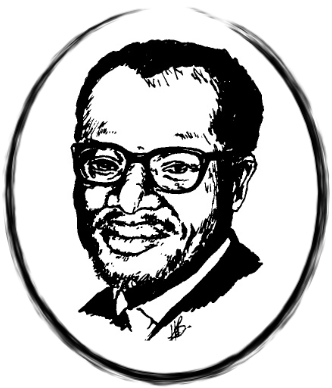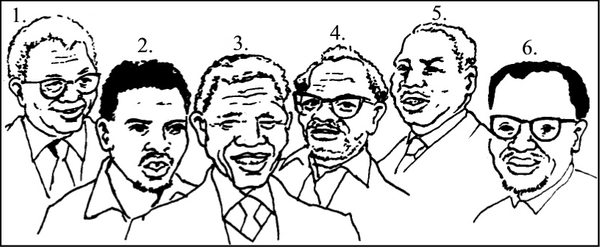| << Chapter < Page | Chapter >> Page > |
A new constitution under leadership of State President P.W. Botha, which included Whites, Coloureds and Indians only, came into effect in 1983. Black people had to be accommodated in the homelands.
On 20 August 1983 a gathering of approximately 15 000 people from 575 organisations that included workers, the youth and churches, formed the UDF (United Democratic Front) in Cape Town. They organised boycotts, protests and strikes against the government in support of the ANC.
Schools, consumer and rent boycotts were common. In many of the black townships the police were kept out of what was known as "liberated zones." Bundu courts and necklacings were instituted.
Cosatu (Congress of South African Trade Unions), the biggest trade union in SA, was also formed during this time.
When an ANC car bomb (60kg) exploded in May 1983 in Church Street, Pretoria, 19 people were killed and 216 injured. The target was the offices of the SAA.

Bomb explosion at the Nedbank building in Pretoria, 1983
Find your own sources about this.
(a) Interpret (understand) the previous source and try to determine the truth where different points of view exist about the past.
1.1 Who planted the bomb?
1.2 Supply facts and opinions about the events?
1.3 During which circumstances in the history of our country did the event take
place?
1.4 How important is the source?
1.5 How do you think, the people in the picture felt?
1.6 Write your own caption.
1.7 What did you learn from this?

Chief Buthelezi, born 1928. He is a prince of the royal house.
INKATHA
Inkatha Yenkululeku Yesizwe was formed as a national and cultural freedom movement among Zulus in 1975. Initially relations between the ANC and Inkatha were friendly. In 1979, however, during consultations in London, delegates of the two movements could not reach agreement on who should lead the struggle for freedom. In July 1990 Inkatha became a political party - the Inkatha Freedom Party (IFP).
The president of the IFP, Dr Mangosuthu Buthelezi, rejected the UDF as a "power of dissent" because he suggested that Zulus were not welcomed to the organisation. Most of the Zulus joined the IFP. Then Buthelezi formed UWUSA (United Workers' Union of SA) as opposition to COSATU. A bloody war, that claimed thousands of lives, erupted between supporters of the ANC and IFP.
During 1986 the pass laws and laws against mixed marriages were repealed.(Between 1916 and 1985 approximately 17 million people were arrested as a result of the pass laws.) The state of emergency remained until 1980. By June 1985, a state of emergency was again declared because unrest had spread right across SA. Greater power was granted to the military forces and to the police. Campaigns were launched by black people to make black townships ungovernable.
(b) Briefly state the contribution of the leaders of the black liberation movement to human rights – you will find it somewhere in the module. (Their initial will help).

| 1 (A) | ||
| 2 (S) | ||
| 3 (N) | ||
| 4 (O) | ||
| 5 (W) | ||
| 6 (M) |
| LO 3 |
| HISTORICAL INTERPRETATION The learner will be able to interpret aspects of history. |
| We know this when the learner: |
| 3.1 interprets sources: |
|
| 3.2 reconstructs the past: |
|
| 3.3 representation of the past: |
|

Notification Switch
Would you like to follow the 'History grade 6' conversation and receive update notifications?